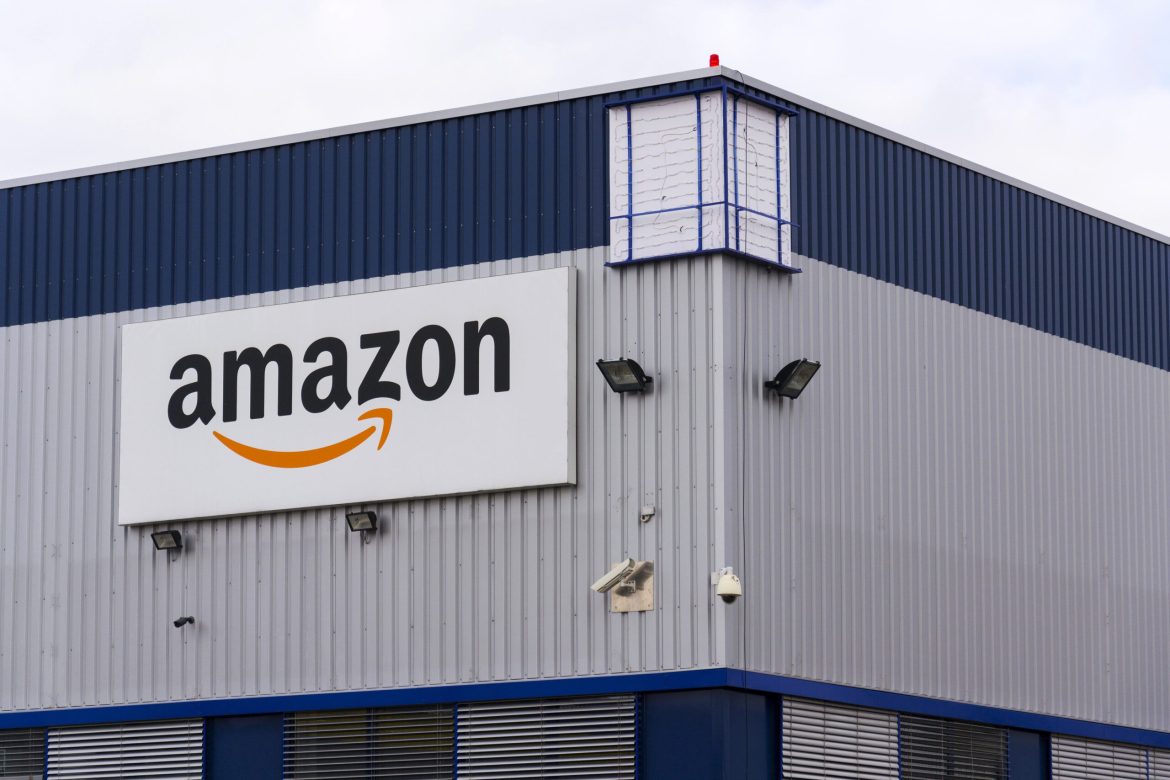Amazon’s legal challenge with the US Federal Trade Commission (FTC) over anti-competitive practices will move forward, but the court has dismissed several claims brought by individual states.
US District Judge John Chun, in a ruling unsealed on September 30, dismissed claims made by attorneys general from New Jersey, Pennsylvania, Maryland, and Oklahoma, although the FTC’s core allegations will continue to be contested.
The FTC originally filed its lawsuit in 2023, accusing Amazon of employing an algorithm that allegedly raised prices for US households by more than $1 billion annually.
Amazon, however, claims it ceased using this algorithm in 2019.
The case highlights ongoing tensions between the e-commerce giant and regulators over monopolistic behaviour in the online retail space.
FTC vs Amazon: why the case continues
The FTC’s case against Amazon revolves around accusations of unfair practices in online retail that stifle competition.
The agency argues that Amazon’s pricing tactics unfairly disadvantage smaller competitors, allowing the company to maintain its dominance in the market.
Central to these claims is Amazon’s use of a pricing algorithm that allegedly inflated prices consumers paid across its platform.
Amazon has denied these allegations and argued that it stopped using the controversial pricing algorithm in 2019.
The company filed a motion in December 2023 to dismiss the FTC’s case, stating that there was no evidence of consumer harm.
Judge Chun has ruled that it is too early to consider these claims, allowing the case to proceed.
States’ claims dismissed
Several states, including New Jersey, Pennsylvania, Maryland, and Oklahoma, joined the FTC’s lawsuit, bringing additional claims related to Amazon’s business practices.
Judge Chun dismissed these claims, ruling that they were not sufficiently supported.
The dismissal of the states’ claims means that their allegations will no longer be part of the case, narrowing the scope of the lawsuit.
Although these states’ claims have been removed from the proceedings, the FTC’s core allegations remain intact.
The case will continue with a focus on whether Amazon’s business practices violated antitrust laws and harmed consumers by raising prices.
Amazon’s legal defence
Amazon has positioned itself as a company that fosters competition and innovation in the online marketplace.
The company has argued that its practices, including its pricing strategies, have ultimately benefited consumers by providing access to a wide array of products at competitive prices.
In its motion to dismiss the case, Amazon claimed that the FTC’s allegations lacked concrete evidence of consumer harm, pointing to its overall impact on pricing and competition.
Judge Chun’s decision not to consider Amazon’s claims at this early stage signals that the court needs more time to evaluate the company’s arguments.
As the case progresses, Amazon will likely continue to assert that its business practices are pro-competitive and in line with legal standards.
The broader implications for Amazon and online retail
This lawsuit is significant not just for Amazon, but for the broader online retail industry.
A ruling against Amazon could set a precedent for how large tech companies are regulated, particularly in terms of pricing practices and marketplace competition.
The FTC’s case against Amazon comes at a time when regulators around the world are scrutinising the practices of major tech firms, seeking to curb their market dominance and promote fair competition.
While the dismissal of some state claims may offer a slight reprieve for Amazon, the continuation of the FTC’s case ensures that the company will remain under intense regulatory scrutiny.
As the case moves forward, it will be closely watched by both competitors and regulators as an important test of antitrust law in the digital age.
What’s next for Amazon in the case?
The next steps in this legal battle will involve both sides presenting further evidence to support their claims.
Amazon will likely continue to emphasise its argument that its pricing strategies were in the best interest of consumers and competition.
The FTC, on the other hand, will aim to demonstrate that Amazon’s actions were harmful to both consumers and the broader marketplace.
A final ruling in this case could take years, but its outcome will undoubtedly have far-reaching consequences for Amazon and the tech industry as a whole.
Until then, Amazon remains entangled in one of the most high-profile antitrust cases in recent history.
The post FTC antitrust case against Amazon progresses as court reviews pricing allegations appeared first on Invezz

